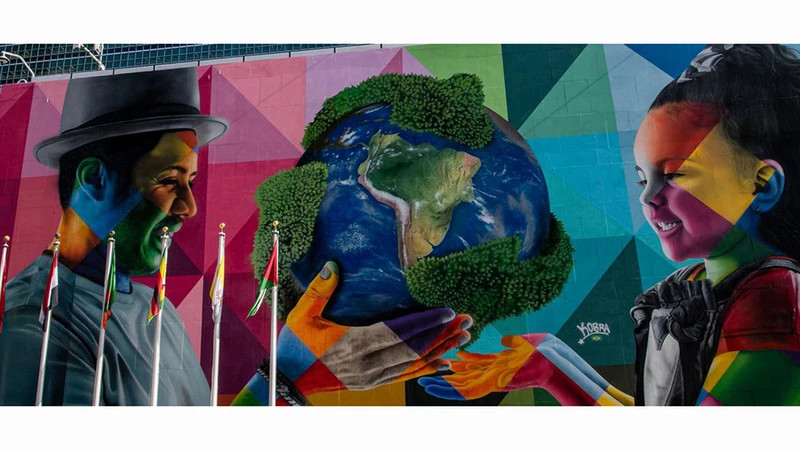Warnings about traditional and non-traditional security challenges were once again sounded as soon as the 79th session of the UN General Assembly opened earlier this week. According to President of the 79th session of the UN General Assembly, Philemon Yang, multilateral cooperation remains the most effective tool to address these borderless issues. Yang called on the international community to strengthen coordination to realise the aspiration for peace and sustainable development.
As an important activity of the United Nations General Assembly, the High-level Week takes place next week with the highlight being the High-Level General Debate on a series of issues of current concern.
The High-Level General Debate has the theme “Leaving no one behind: acting together for the advancement of peace, sustainable development and human dignity for present and future generations”. Meeting at the United Nations Headquarters in New York, leaders and representatives of member states will highlight their views and visions on the aforementioned issues, focusing on finding solutions to intertwined global challenges.
Within the framework of the High-Level Week, the High-Level Session on addressing the existing threats of sea level rise aims at comprehensive measures and practical commitments to ensure a more resilient and sustainable future, especially for low-lying areas and small island developing states. Accelerating efforts to combat antimicrobial resistance (AMR) and promoting the development of new treatments to protect people’s health are also discussed at a high-level meeting during the High-Level Week.
On the occasion of the International Day for the Total Elimination of Nuclear Weapons (September 26), a high-level meeting will be held to continue to affirm the importance of this goal, which was stated in the first resolution of the United Nations General Assembly in 1946.
Right before the High-Level General Debate, the Summit of the Future will take place with the theme “Multilateral Solutions for a Better Future”. As an event that has been highly anticipated for a long time, the summit will see the participation of leaders from more than 130 countries. Based on the contents that have been developed and will be discussed at the summit, member countries are expected to adopt a Pact for the Future. This is a document that aims to promote global cooperation and effectively respond to challenges for the benefit of all people and future generations.
On the eve of the above-mentioned landmark event, UN Secretary-General Antonio Guterres highlighted the breakthroughs expected from the Pact for the Future, including measures to manage new technologies such as artificial intelligence (AI), progress in reforming the international financial architecture, and a commitment to increase resources to support developing countries in achieving the SDGs.
Guterres emphasised that the Summit of the Future is an essential step towards reforming global institutions to be more appropriate and effective.
According to Guterres, the values that underpin our global institutions are timeless, but the institutions themselves cannot be “frozen” in time. Mechanisms that were established decades ago, if not reformed, will find it difficult to keep up with development trends and overcome new barriers.
It is impossible to respond to a pandemic or a “global shock” without the cooperation of the international community. In a message issued ahead of important multilateral events, the head of the United Nations stated that consensus among countries plays an important role. This is an opportunity to reach broad commitments and agreements to respond to urgent challenges and fill the “gaps” in global governance, for a safer, more sustainable and fairer world.
















